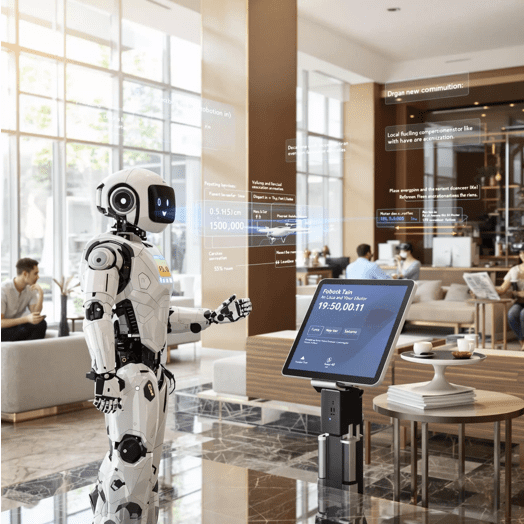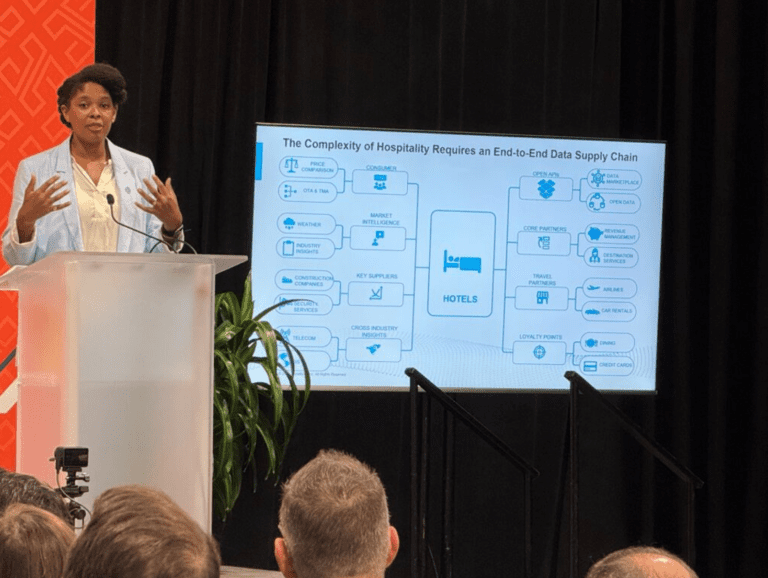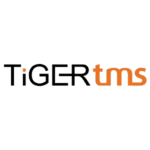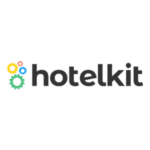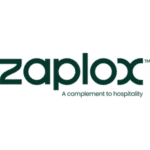The importance of solid internet reputation in the dynamic world of hospitality cannot be emphasized. Hotels now have access to cutting-edge technologies that simplify managing their online presence thanks to the introduction of AI tools. However, the effectiveness of a tool depends on both the team utilizing it and the environment in which it is used.
Let’s examine how hotels can use these tools to improve their web presence and make sure that their reputation draws and keeps visitors.
1. Embrace AI-driven analytics

It’s critical in the hospitality sector to comprehend and anticipate the needs of guests. Deep insights into visitor preferences and habits are being provided by AI-driven analytics technologies, which are transforming this area. LThese systems analyze largevolumes of data from numerous sources, such as social media interactions, online reviews, and visitor feedback, Hotels can find trends, preferences, and opportunities for development with the use of this information.
For instance, AI can identify a critical area for improvement if visitors frequently compliment the quality of the room service. Predictive analytics also can predict future trends, which gives hotels an advantage over competitors. Hotels may better satisfy their guests and enhance bookings, ratings, and contentment by utilizing these insights to customize their offerings. This anticipatory strategy improves the visitor experience and positions your hotel as advanced, innovative, and modern.
2. Prioritize social media engagement

A hotel’s social media presence is not only advantageous but also necessary in the current digital world. Good social media engagement entails more than just updating frequently; it also entails actively engaging with the audience, leaving comments, and quickly acting upon criticism. AI solutions can help with social media platform monitoring and provide real-time alerts to hotel workers about visitor interactions. This capacity to respond quickly is essential since it can have a big impact on how the public perceives a place and how satisfied guests are.
AI is also capable of analyzing social media trends, which can assist hotels in producing material that appeals to their intended audience. Active engagement with compelling content builds the hotel’s online presence, encourages a sense of community among visitors, and improves the perception of the brand as a whole.
3. Addressing maintenance issues
Effective management of maintenance issues is critical in shaping a hotel’s reputation. Take, for instance, a common problem like handling blocked drains. If left unaddressed, such issues can lead to guest dissatisfaction and negative reviews. Incorporating AI and IoT (Internet of Things) technologies can be a game-changer in this area. Smart sensors and AI-driven systems can monitor the hotel’s infrastructure, predicting issues like blocked drains before they become apparent.
This proactive approach not only saves time and resources but also prevents the negative experiences that could impact a hotel’s online reputation. Moreover, showcasing the use of such advanced technology in maintaining high standards can be a unique selling point, differentiating the hotel in a competitive market. It demonstrates a commitment to excellence and attention to detail, qualities highly valued by guests.
4. Leverage online review management

Online reviews are a potent weapon that may make or destroy a hotel’s reputation in the digital era. Artificial intelligence (AI) systems may compile and examine reviews from many platforms, giving a thorough picture of visitor opinion. Finding strengths to highlight and shortcomings to fix is made much easier with the help of this analysis. For example, marketing activities could draw attention to the fact that the hotel’s breakfast is consistently praised by customers.
On the other hand, persistent complaints over the quality of Wi-Fi indicate a problem that needs to be fixed right away. Beyond simple analysis, artificial intelligence (AI) can assist in creating customized responses to reviews, showcasing the hotel’s dedication to customer input. This degree of engagement increases the hotel’s appeal to potential customers by demonstrating to them that it respects and takes into account their feedback.
5. Implementing dynamic pricing strategies
Pricing strategy is a component of internet reputation that is frequently disregarded. The way a hotel prices its rooms can have a big influence on its online reputation and booking rates in the click-to-compare digital age. With the use of AI technologies, hotels may put dynamic pricing strategies into place that modify room rates in real time in response to a range of variables like demand, rivalry, and industry trends. Hotels can increase their appeal to potential customers by optimizing their pricing.
For example, AI can determine when demand is high and modify prices to maximize profits. On the other hand, AI can suggest reduced prices during quiet times to draw in budget-conscious clients. Potential customers can see from the hotel’s clever pricing strategy that it is both competitive and sensitive to market changes.
Conclusion
Mastering online reputation management is crucial for driving hotel bookings in today’s digital age. By integrating these tools into their operations, hotels can gain valuable insights, improve guest services, and proactively manage their online image. However, the success of these tools hinges on their relevance, the team’s understanding of them, and the context in which they’re applied, so training is also crucial. With these strategies, hotels can craft a stellar online image that resonates with guests and drives bookings.



